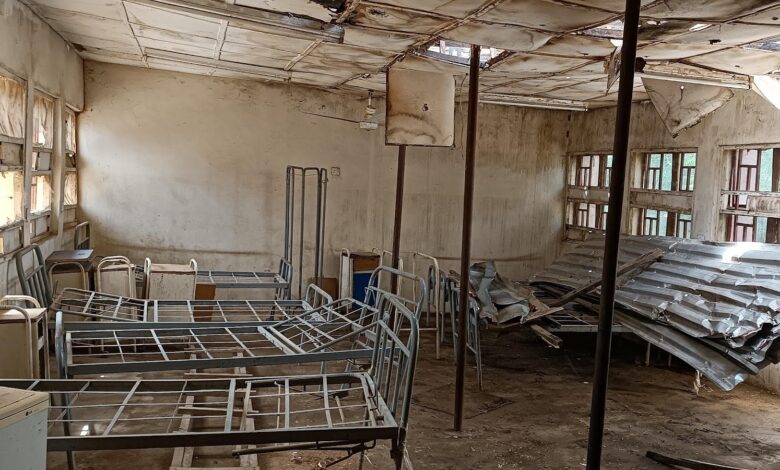A new report has raised alarm over the state of Nigeria’s health sector, revealing that most of the country’s medical facilities are in disrepair and unable to meet public needs.
The Country Health System and Services Profile, produced by the Health Policy Research Group of the University of Nigeria in partnership with the World Health Organisation (WHO) African Region, estimated that around 80% health infrastructures are not functioning properly.
This breakdown, it said, has pushed thousands of citizens to travel overseas for treatment, draining more than $1 billion from the economy each year.
According to the study, Nigeria delivers less than half of its healthcare potential, performing at 45% compared to the regional African average of 56%.
Access to essential services was also flagged as weak, with the country’s service coverage index put at 38.4%.
Read Also: NPHCDA boss urges new recruits to uphold nation’s building
Funding shortfalls remain a major concern. Nigeria spends only five per cent of its national budget on health, well below the 15% commitment made under the Abuja Declaration of 2001.
As a result, individuals bear most of the cost, with household out-of-pocket payments accounting for about 75% of total health expenditure.
The report also highlighted a severe workforce gap. Nigeria currently has fewer than four doctors per 10,000 citizens, short of the recommended international standard.
The loss of medical personnel to emigration, commonly referred to as “brain drain” has compounded the problem, leaving hospitals understaffed and overstretched.
On the supply side, the study found that local drug manufacturers cover just 30% of national demand, leaving the country heavily reliant on imported medicines and medical supplies.
Researchers concluded that poor policy execution, weak oversight of private providers, and inadequate coordination between government levels are undermining reforms.
They urged authorities to strengthen regulation, increase funding, and incentivise domestic production in order to stabilise the system and reduce reliance on foreign care.



